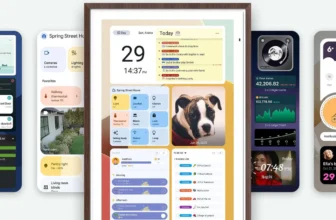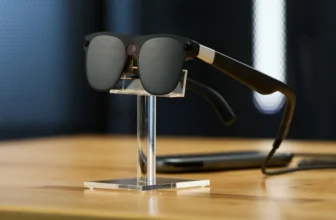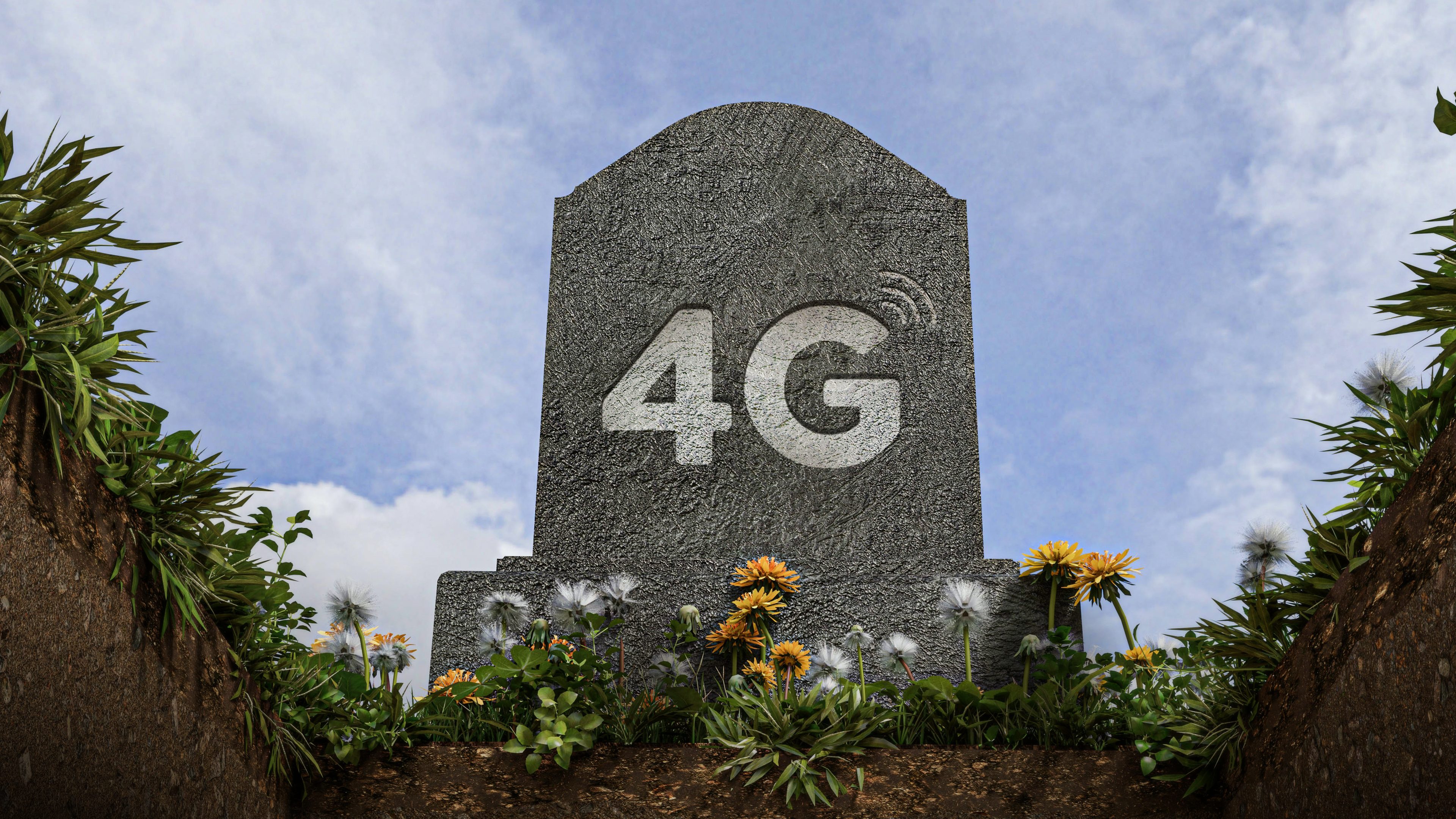
This month the first wide-scale 5G network completes five years, yet some big companies are still launching $350 4G-only phones in 2024. It is time to kill 4G phones—with a few exceptions, of course—and it is not because 5G has been anything special at all.
Before we start, I am not whining against 4G plans or networks. Even I don’t see the need to pay extra for 5G access in Germany, where 5G is often optional in cheaper plans.
The issue here are new smartphone launches that are only compatible with 4G networks, especially if they cost more than $200/200€. And the reason is not even tied to the 4G technology or phone carriers.
Old-tech
Even before testing the Redmi Note 13 Pro 4G, it was clear that even though Xiaomi sees a market for mid-range smartphones, mobile chip brands don’t really care about that market anymore. And they stopped caring a long time ago.
The last 4G-only chips released for the Android market were the Qualcomm Snapdragon 685 from March 2023 and the MediaTek Helio G99 from May 2022. They may look like new releases, but the problem is that they are not really new chips, but new models based on older designs.
| Snapdragon 685 | Snapdragon 680 | Snapdragon 4 Gen 2 | Helio G99 | Helio G96 | Dimensity 6100+ | |
|---|---|---|---|---|---|---|
| Category | ||||||
| Launch | ||||||
| Process node | ||||||
| CPU |
|
|
|
|
|
|
| RAM | ||||||
| Wi-Fi | ||||||
| Bluetooth |
Each one of them is basically an overclocked version of a previous chip: the Snapdragon 680 from Oct/2021 and the Helio G96 from Jul/2021, respectively. Coincidence or not, those were the chips Xiaomi chose to use on 4G models in the Redmi Note 13 series for 2024.
Newer 5G chips from both companies, even those targeting $200/200€ phones, present a suite of advantages. To begin with, they tend to use more modern fabrication processes, which lead to better energy efficiency and battery life.
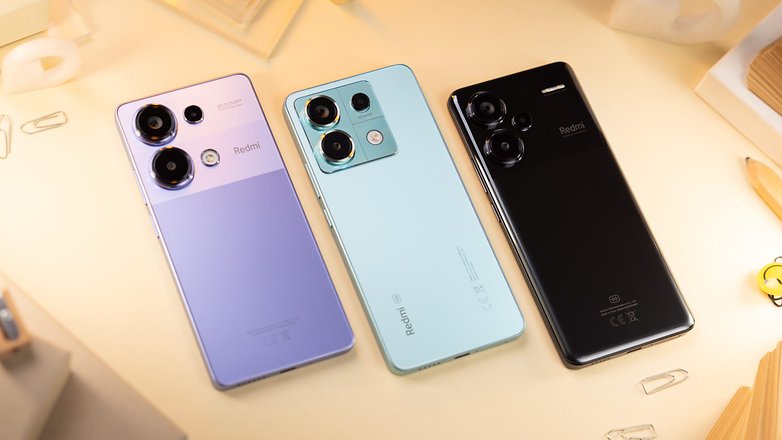
Another clear advantage of the more “future-proof” 5G chips is the fact that they incorporate not only the new cellular generation but also newer standards for other wireless technologies.
While the Bluetooth 5.2 support on both late-gen 4G chips is not missing many features when compared to the latest 5.4 specifications. Both the Helio and Snapdragon chips only support Wi-Fi 5, skipping the widely available Wi-Fi 6 and the still upcoming Wi-Fi 7 standards that bring faster speeds, better resiliency, and even improved security.
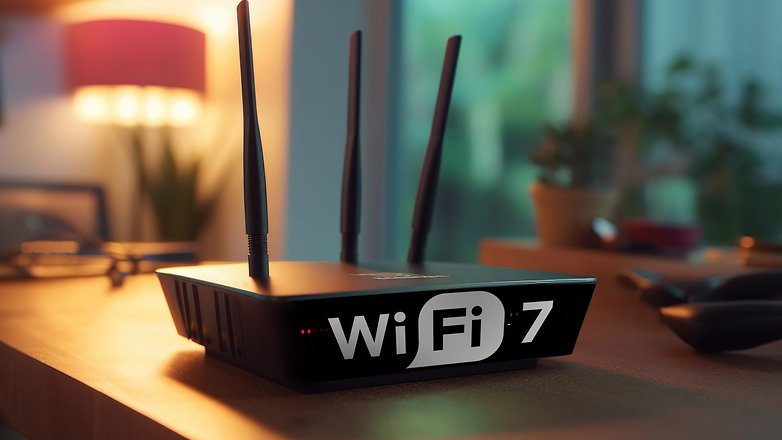
There is also the argument the newer chips use more efficient (and usually faster) CPU and GPU cores. That is the case even when looking at 5G processors from lower categories in both MediaTek and Qualcomm offerings. One could argue that old chips have fewer years of security updates left, but that is something that only the involved companies can confirm.
Apparently, both Qualcomm and MediaTek still have plenty of 4G inventory left, and there will still be some more opportunities to complain again about this situation. But frankly, there is no reason to buy a 4G phone in 2024 unless you are looking for something under $200/200€.
Do you have an opinion about the topic? Do you think there is a market for $350/350€ 4G-only phones in 2024? Share your views in the comments below!





